In its purest form, cinema is supposed to enthrall its audience by transporting them into its make-belief worlds and the characters that inhabit them through visual and auditory stimulations. ‘The Revenant,’ Alejandro González Iñárritu’s (‘Birdman’) revisionist western drama film based on the 2002 namesake novel by Michael Punke, goes a step further. It is so meticulous and evocative in its depiction of its characters’ struggles and urgency that the audience can feel them against their own skin and bones.
With the help of cinematographer Emmanuel Lubezki (‘Gravity’) and co-scriptwriter Mark L. Smith (‘Martyrs’), Iñárritu has achieved something uniquely remarkable with ‘The Revenant,’ creating a film that is relentlessly gritty and dark in its portrayal of the American frontier. Yet, it bleeds with vivid beauty and the color of its setting in each scene. The film tells the story of fur trapper Hugh Glass (Leonardo DiCaprio) and his quest for vengeance against the man who killed his son and left him to die. Here is everything you need to know about the ending of ‘The Revenant.’ SPOILERS AHEAD.
The Revenant Plot Synopsis
The film is set in late 1823 in the seemingly limitless snowy territory of the present-day Dakotas. Glass and his half-Pawnee son, Hawk (Forrest Goodluck), are part of a fur-trapping expedition led by Captain Andrew Henry (Domhnall Gleeson) up the Missouri River. Danger lurks in the background, just beyond what naked eyes can see, taking the shape of the natives, local fauna, or nature itself.
As the trappers get ready to relocate to the next hotspot, they are ambushed by an Arikara war party searching for their chief’s abducted daughter, Powaqa (Melaw Nakehk’o). As the horror of a systematic slaughter unfolds around them, Glass, Hawk, and other survivors manage to escape their brutal attackers via a riverboat.
Accurately concluding that they will fall into the Arikara hands if they continue to travel by boat, Glass leads the survivors through the winter-struck landscape to Fort Kiowa. This means that the trappers have to leave most of the pelts they gathered during the expedition behind. It ends up creating a rift between Glass and fellow seasoned trapper John Fitzgerald (Tom Hardy).
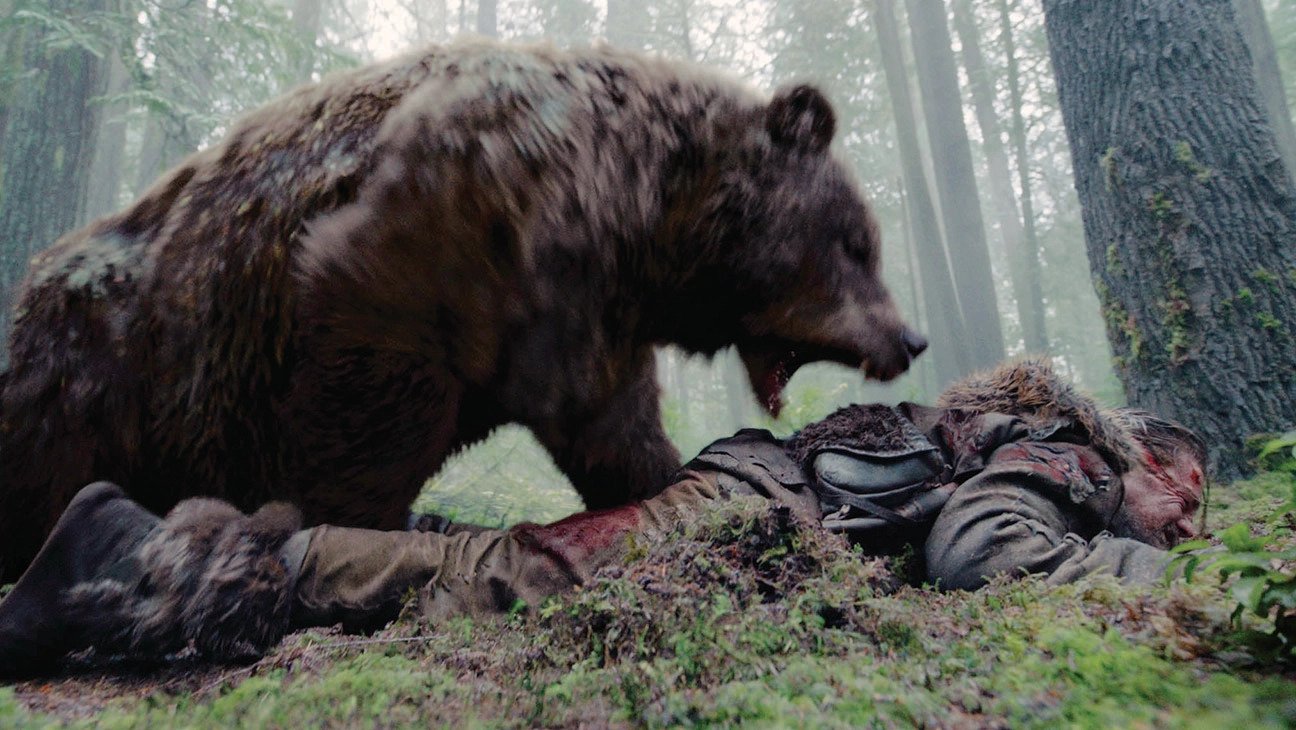
While out on patrol, Glass is savagely mauled by a grizzly bear. On the verge of death, Glass is left by Captain Henry under the care of Hawk, Jim Bridger (Will Poulter), and John Fitzgerald (Tom Hardy), with the clear instructions that if Glass were to die, Fitzgerald must ensure that Glass has received a proper burial to earn the $300 that Henry promises him (Fitzgerald).
However, with the threat of the Arikara still looming over them and Glass showing no sign of dying, Fitzgerald decides to take matters into his own hands and tries to suffocate Glass. When Hawk intervenes, Fitzgerald kills the boy and hides his body. He later convinces Bridger that the Arikara are coming, and if they want to survive, they must leave Glass behind.
Back at Fort Kiowa, Fitzgerald tells the story of his choosing to Henry, with Bridger being reluctantly complicit in at least one of Fitzgerald’s crimes. However, what none of them ever think can be possible happens. From somewhere deep within him, Glass finds the desire to survive. He makes the arduous trek back to Fort Kiowa on his own, crawling, walking, and riding the hundreds of miles of distance with a rare single-mindedness of a man seeking justice and vengeance.
The Revenant Ending: Does Glass Get His Revenge Against Fitzgerald?
Yes, to a degree. Of course, Iñárritu isn’t Quentin Tarantino, and ‘The Revenant’ isn’t ‘Kill Bill.’ There is no melodrama or sensationalism in the violence that takes place at the end of the former movie. Instead, it is cold, detached, and beautiful in its profound savagery, like the rest of the film.
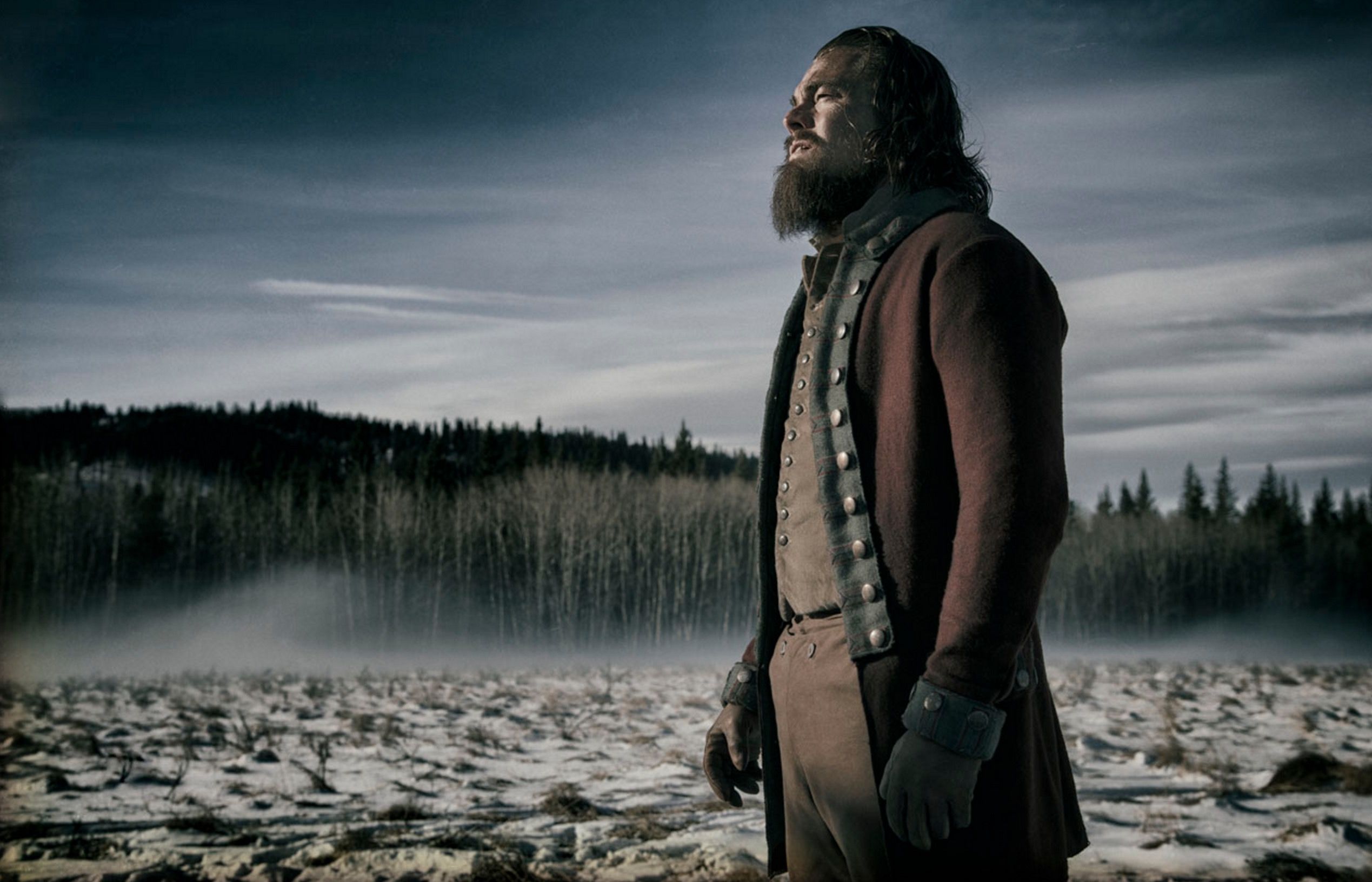
Early in the film, Iñárritu establishes the sheer dichotomy between his protagonist and antagonist simply by demonstrating their respective views on Native Americans. Those views guide their choices, and later, fatally culminate for one of them. Glass had a Pawnee wife, who was killed along with the rest of her tribe in an attack by the US Army.
He is still haunted by visions of his wife and a mountain of skulls. Despite the evident competition with the natives for resources, Glass doesn’t necessarily harbor any ill-will towards them. When he discovers that the Pawnee refugee, who saved his life, has been hanged by French hunters, he takes a brief detour from his main path of revenge, killing most of the hunters and freeing Powaqa.
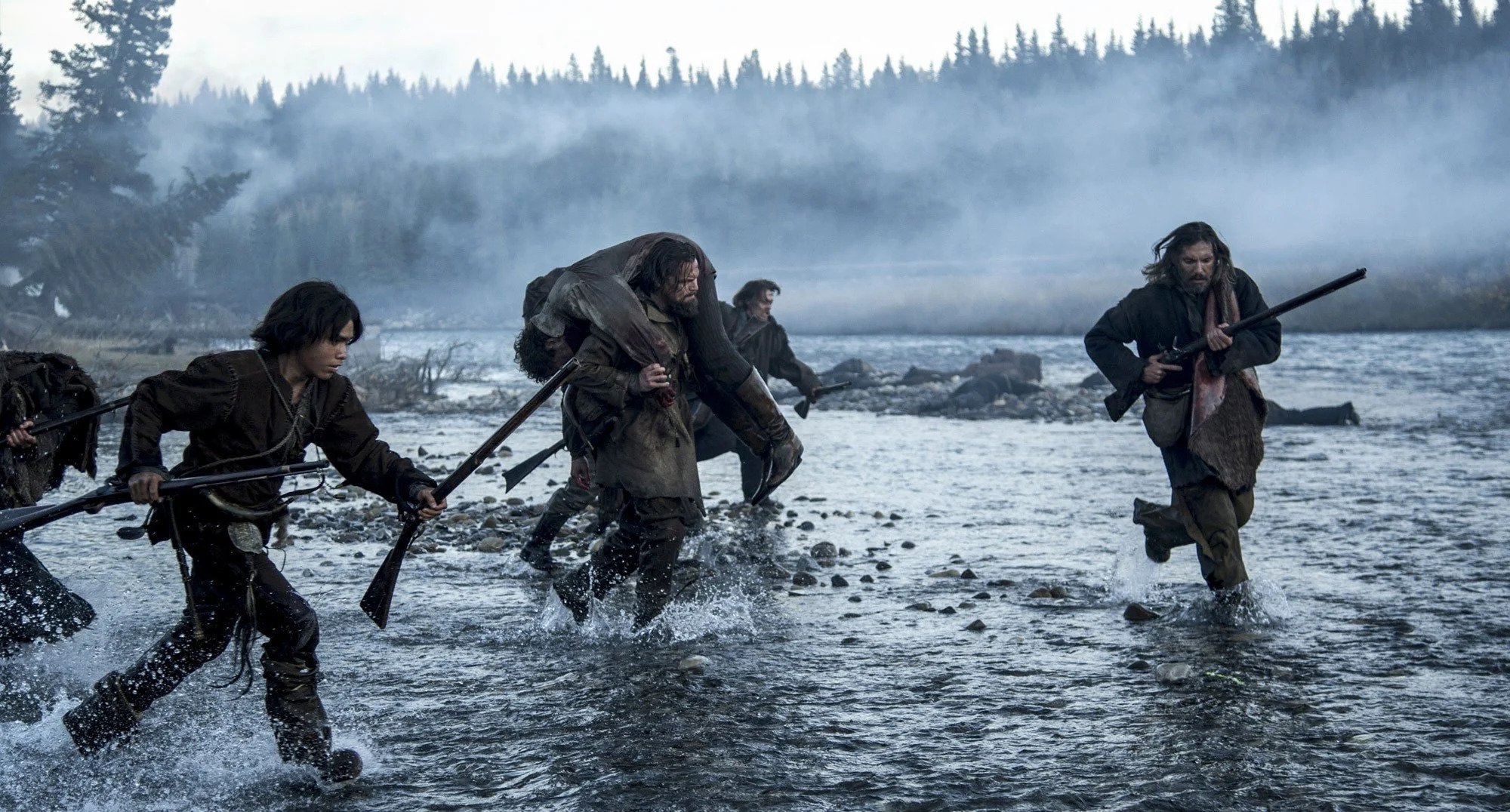
On the opposite end of the spectrum is Fitzgerald. During his service in the Army, a tribe of Native Americans partially scalped him, which has filled Fitzgerald with immense hatred for them. This becomes glaringly evident in his treatment of Hawk. Ultimately, understanding the reasons behind these two individuals’ actions can offer us a window to grasp the ending.
If Fitzgerald is propelled forward by greed and self-preservation, Glass’ desire to continue living stems from his endless love for his son. Beyond vengeance, this is what keeps him alive in the harshest environment imaginable. In the climactic scene, when Glass has the vengeance he so desires within his reach, he recalls the words of his Pawnee savior, “Revenge is in the Creator’s hands.”
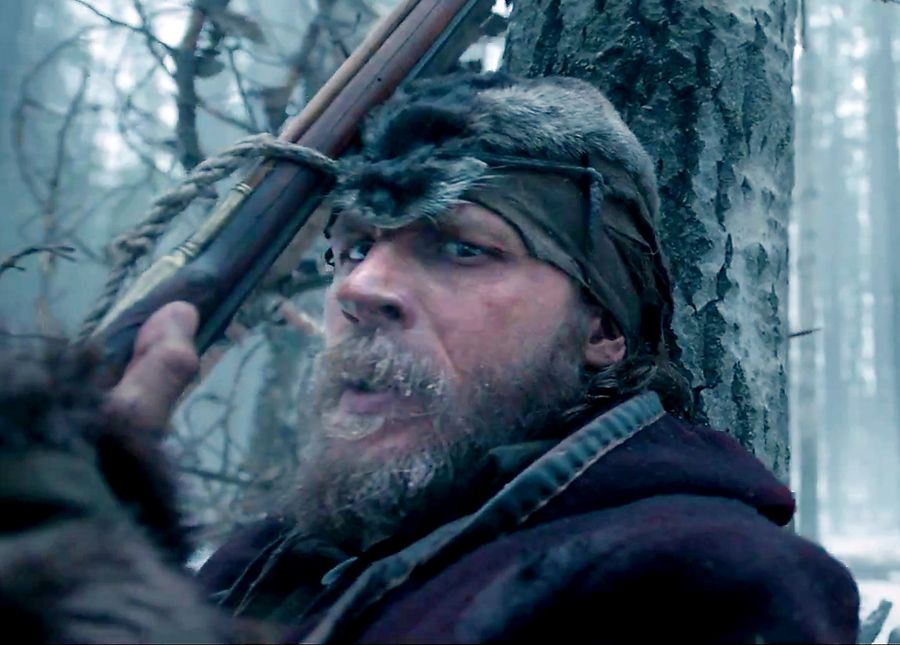
Those words resonate within him as he sends Fitzgerald downriver to the Arikara. With the wounds he has received during their vicious fight, Fitzgerald is not likely to survive the night. After all, he doesn’t have anyone who might have inspired the kind of desperation that Glass displays while surviving in the American Wilderness. So, it doesn’t ultimately matter what the Arikara decide. However, it is fundamentally ironic that, of all people, Fitzgerald gets his fate decided by Native Americans. And that, as Glass likely sees it, is vengeance in its truest sense.
What is Going to Happen to Glass? Will He Live On?
After Elk Dog (Duane Howard), the Arikara chieftain, kills and scalps Fitzgerald, they cross the river. In that particular moment, Glass is unsure about his fate. He has spent the past few weeks running away from the Arikara as he has chasing after Fitzgerald. But, now that he has his revenge, he waits for the Arikara with a surreal indifference. It is revealed that Powaqa is back with her tribe. She probably told her father what happened with the French hunters. The Arikara pass by Glass, and the hint of respect they show him before vanishing into the white surroundings is their way of offering gratitude.
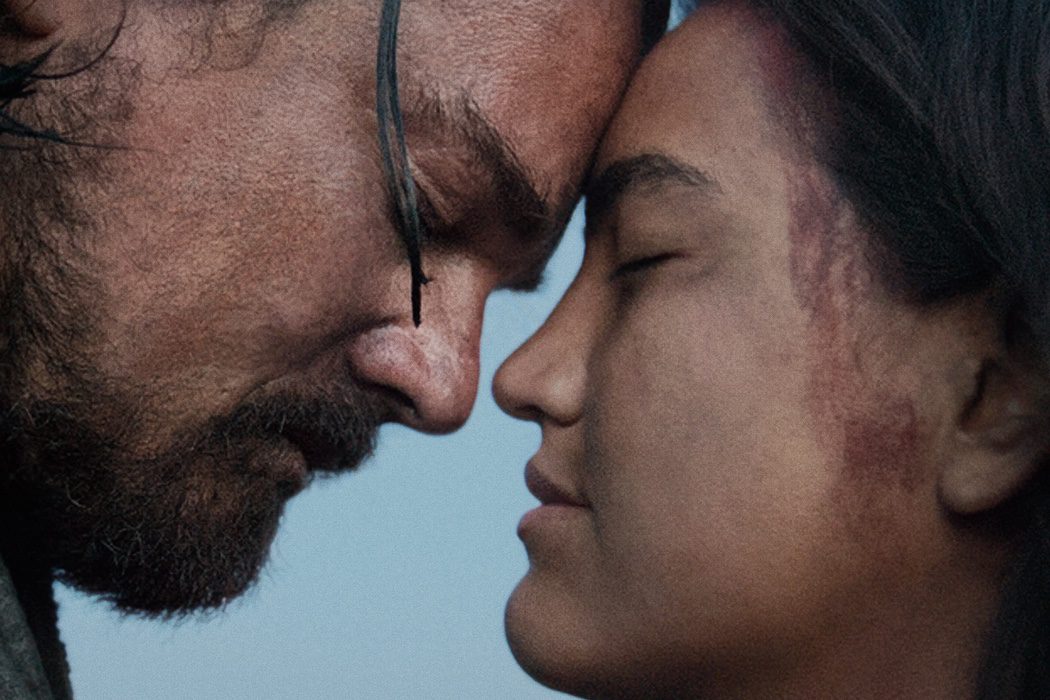
After the Arikara’s departure, Glass drags himself into the mountains. For the first time, he finds himself truly alone and aimless. And he can’t feed the fire of vengeance any longer to keep himself going. “You came all this way for revenge, huh?” Fitzgerald asks him before dying. “Well you enjoy it Glass, because there ain’t nothing gonna bring your boy back.”
The film becomes ambiguous at this point. Glass sees another vision of his wife, which might indicate that he will soon die and join his family in the afterlife. However, he continues to breathe loudly and strongly as the credits begin rolling, showing that he still might have some willingness to live. If the latter is true, then the determined survivalist will find a way to make it back to the town.
Read More: Is The Revenant Based on a True Story?

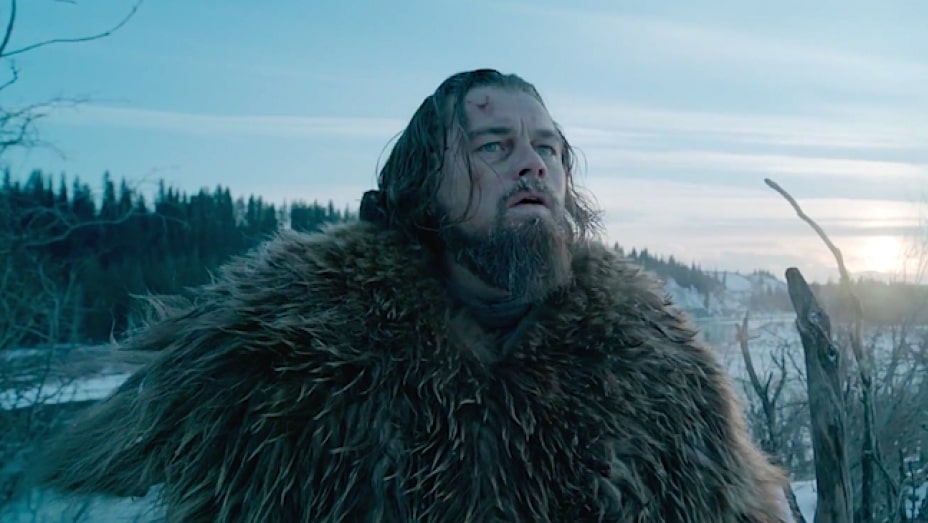
You must be logged in to post a comment.